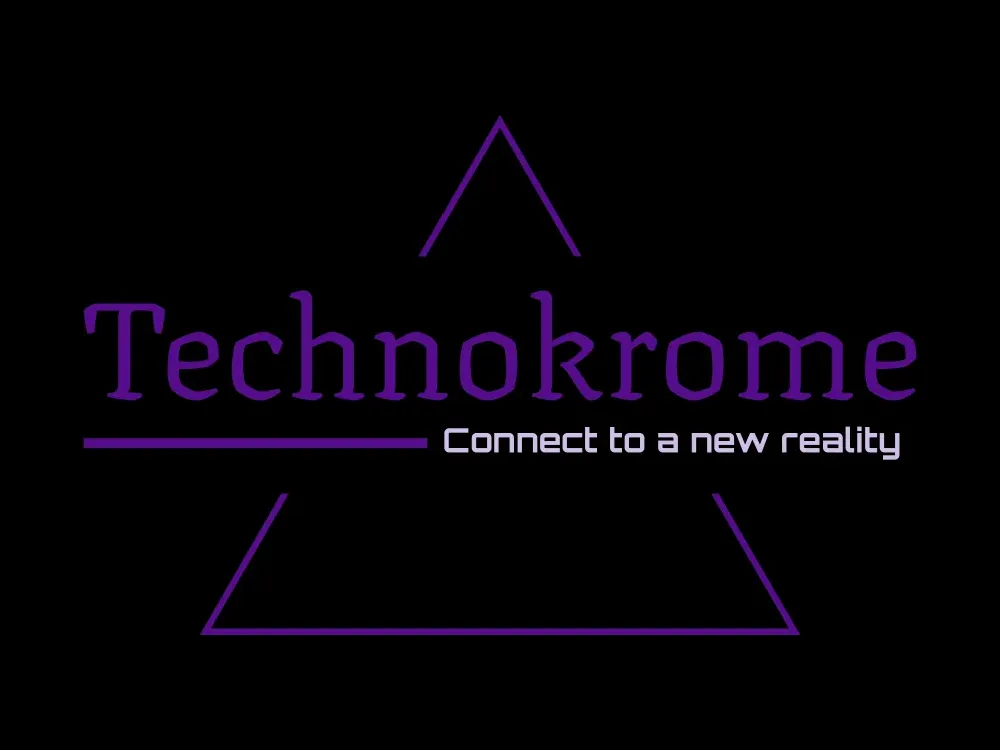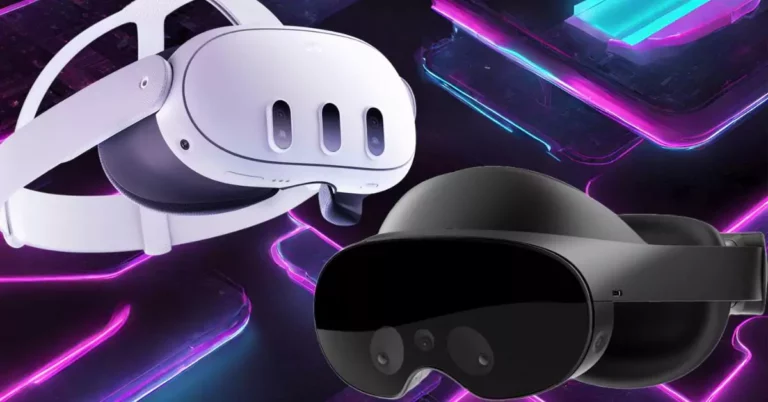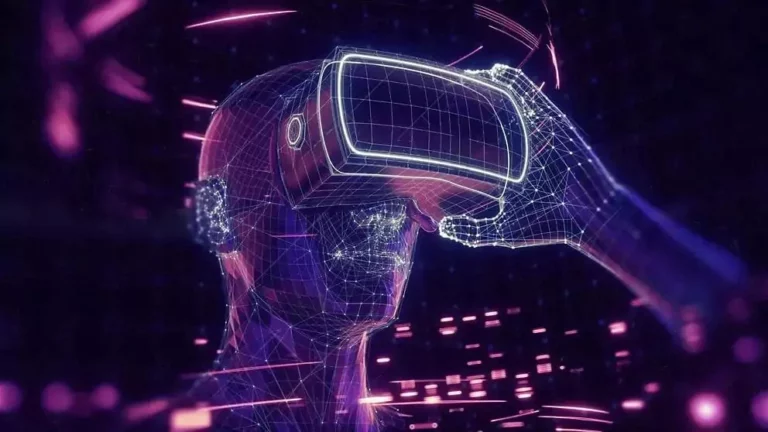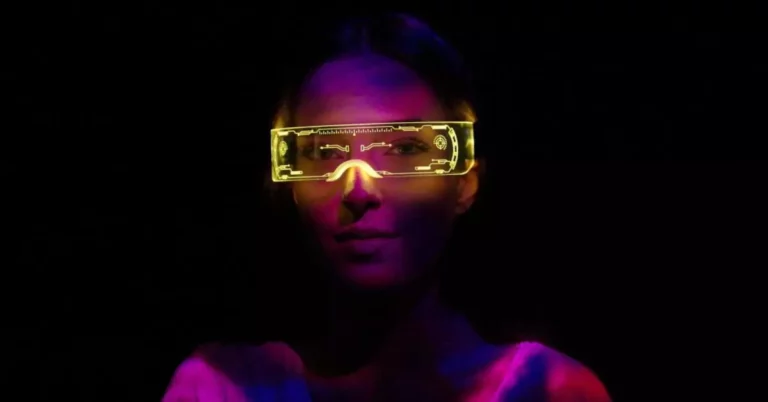Meta CEO, Mark Zuckerberg says their upcoming VR headset, codenamed Project Cambria might just replace the average user’s laptop.
Lofty expectations there, Zucc. But let’s get more into what he meant by that.
He spoke on how Project Cambria may work towards being used for “work use cases”. Does that mean that sometime in the future we may resort to ditching our workstations and opt for a more portable and convenient headset for our daily jobs?
Honestly, that does sound like somewhat of a stretch. It could be possible he’s hyping the product up so the market returns match up to investors’ expectations, given recent inquiries Mark had to field at the Q1 2022 earnings call.
But for argument’s sake, let’s talk about how it could actually creep into our daily lives and place itself as a day-to-day object that can be frequently employed for the average person’s tech needs.
First off, we have productivity utilities. A majority of people in the IT industry and beyond use Microsoft Office or Google’s G Suite for documentation, presentations, using worksheets, and project management in general.
If Meta decides to incorporate its Infinite Office into their VR headsets, then that could mean a massive turn in the field of laptop and desktop usage – as more people would turn towards buying a much cheaper and easy-to-use headset for everyday office productivity. Consumers will obviously lean towards buying a product that comes with fewer hassles than your average laptop and will considerably be easier on the pocket too.
Now what is Infinite Office, you may ask? It is a feature that Meta introduced for its Quest platform back in September 2020. It promises powerful remote work, all from the comfort of a single VR headset.
The pandemic has shown us exactly how remote work has changed people’s work lifestyles for the better. Meta’s Infinite Office will allow VR users to turn their own virtual spaces into flexible and convenient office-productive environments. It provides a suite of operations that can be used either in private virtual offices or as a shared collaboration among teams.
With Project Cambria’s implementation of color passthrough cameras, users will be able to perceive their surroundings with real-time ambiance as compared to the black-and-white view we are used to previously. Users will also be able to work with other office applications through the headset itself, while the apps show themselves as floating virtual windows.
But how exactly do we work with productivity apps without something like a keyboard to type with? Simple, you get a keyboard that is compatible with the headset. An Apple Magic Keyboard or Logitech K830 should do the trick, with users being able to both type and navigate using the in-built trackpad.
Next up, is the laptop screen. A 13 to 16-inch laptop screen caters to most users’ needs of being able to visualize their work and overall performance. But, does Meta expect users to do all of this through the tiny displays on headset visors? Seems like Meta has gotten itself a way around that. Last year in August, the company added support for Triple Window which exhibits itself in a concave display of 3 browser windows (see below). December 2021 also saw the company adding a feature for resizing said windows.

Multiple virtual windows will be shown to the user from the headset display as a series of floating screens. The screens can be resized according to user needs and will be able to help the user prioritize his immediate requirements. This would align with what Consulting CTO John Carmack had spoken of – “somebody hard up for money decides I’m going to buy a VR headset instead of a Chromebook or instead of a tablet”.
So far, it seems that the upcoming Meta VR headset is pretty heavy-duty and could go on to function as a substitute for regular workstations. But since this is only an initial step towards an otherwise complicated development, the whole product may not be as finessed as one might expect it to be. The triple window support has the ability to convert to Android phone apps but since neither the Google Play Store nor the Amazon Appstore are accessible through the browser, these apps can only be sideloaded from a PC.
Sideloading refers to the process of installing applications by transferring app files between two devices locally. Now, this is a hassle as users might want to skip the intermediary step just to be able to improve their productivity as traditional laptops allow for much more usability beyond that. With the addition of a multitude of desktop-based applications and plugins to aid in their daily work activities.
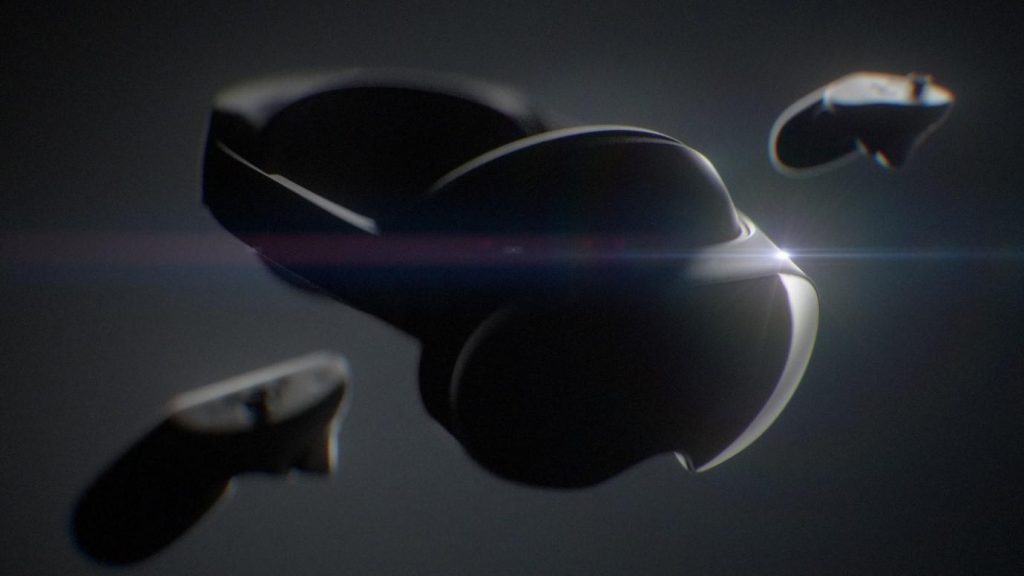
Adding to greater botheration– since Project Cambria is ultimately a VR headset in its most functional form, it does start to get painful when used for prolonged hours. Guaranteed, Meta is working on a much slimmer design with the integration of LED microdisplays. But a generic VR headset will still have to be worn on the face with straps, which will eventually begin to chafe cheekbones and strain facial nerves with prolonged usage. Not to mention dizziness and migraines when working a daily 9-5 job with the users’ eyes set to navigate through a virtual environment for the better part of a complete day.
Although studies have shown virtual reality to be conducive to improved cognitive and executive functions of the human brain, I am pretty sure you won’t be playing for those purposes.
That said, every great technical innovation always starts with a few problems. Companies work hard to improve upon features and make them as user-friendly as possible over future releases. It is absolutely unreasonable to expect Meta to perfect their design from the beginning. But that said, it may be a tad bit difficult for Zuckerberg’s expectations to take on software giants in the field of operating systems and productivity applications which have had decades of structuring and development to bring them to where they stand today.
It is possible to be able to use a virtual desktop to access web apps through an endpoint headset but such environments inherently depend on the computing power of high-end chipsets that generally work well with software like Mac or Windows within physical screens.
Recent leaks also seem to suggest Meta has generously increased RAM for upcoming Quest models, so that could also aid the gadget’s ability to embody multifunctional features, just like desktops.
Zuckerberg has spoken to his investors that more technical specifications will be shared “in the months ahead” as they get closer to the release date. Project Cambria will perhaps replace the Quest 2 with all its futuristic features, but with the price-point being in the balance. Other updates on various Metaverse offerings will be shared at their annual Connect conference.
